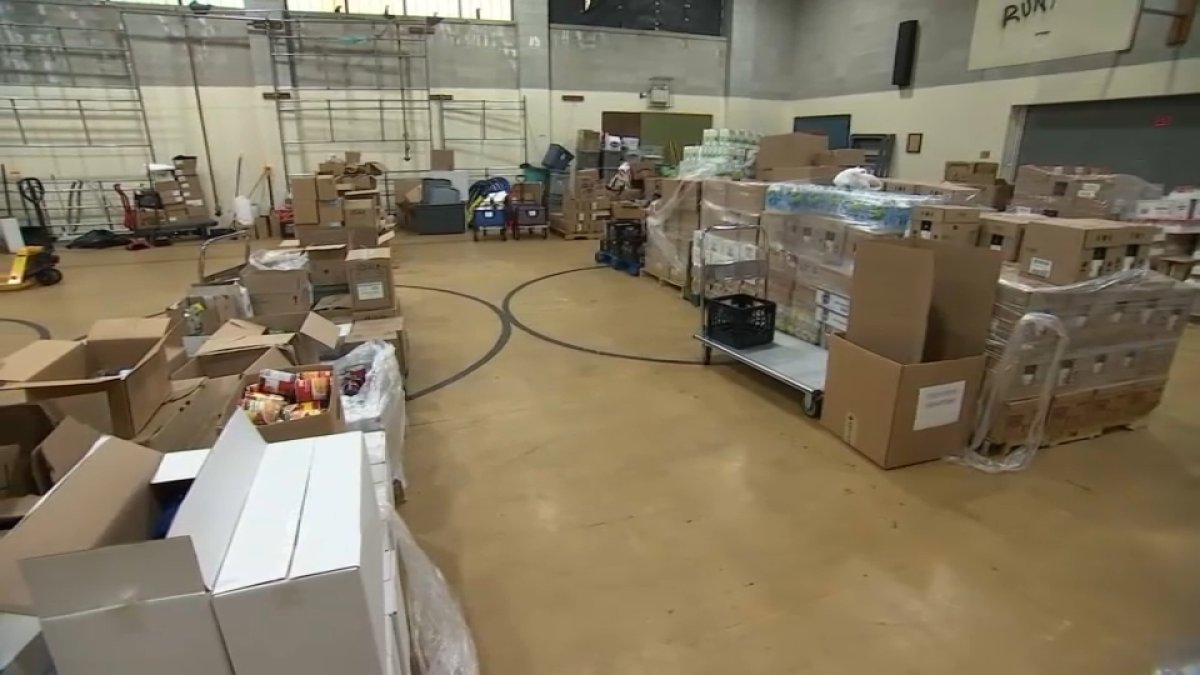

Nurses are leaving their high-stress jobs in droves, with experts predicting the U.S. healthcare system will be short 2.1 million nurses by 2025. To help address this burnout crisis and critical workforce shortage, Nashville-based hospital company Ardent Health Services is adopting virtual nurse technology at its Albuquerque hospital.
On Tuesday, Orlando-based healthcare software company Care.ai announced that Lovelace Medical Center in Albuquerque will establish a virtual nursing program using its AI solution.
Care.ai, which was founded in 2018, sells a virtual nursing solution that enables virtual nurses to handle patient care and administrative tasks that don’t require physical proximity. The company said Lovelace is one of the first providers to implement its virtual nursing technology, though it can’t share any other customer names at this point.
“This empowers bedside nurses to focus their time on the most important clinical and compassionate elements of human care delivery,” said Care.ai CEO and Founder Chakri Toleti. “This alleviates the burden on strained nurses and enables them to spend more time caring for patients, a job they are uniquely equipped to do.”
With Care.ai’s product, patients can interact with virtual nurses through the television in their room. These virtual nurses can provide assistance with a variety of tasks, such as routine monitoring, documentation and educating patients about their treatment plans, Toleti said.
The virtual nursing product is meant to support — not replace — on-site nurses. The solution was designed to optimize admission, rounding, discharging, and other clinical and operational workflows, Toleti explained. He said the product’s ultimate goal is to improve patient satisfaction, increase staff retention and reduce operating costs.
“Reports project that approximately 1.2 million new registered nurses will be needed by 2030 to address the current shortage in the U.S., adding pressure to an already strained system,” Toleti said. “The nursing shortage and staff retention challenges across the healthcare system have taken a major toll on care teams, both physically and mentally.”
In addition to freeing up nurses’ time, Toleti said Care.ai’s product will also “expand the pool of nursing staff available by unlocking new career paths for experienced nurses who may have physical limitations or prefer a different work environment.”
For example, John Donga, a nurse at Lovelace, suffered an injury that prevented him from working on the floor. Through the newly implemented virtual nursing program, he has been able to attend to patients virtually and “continue the career he loves,” Toleti said.
Care.ai’s virtual nursing product is a module that is integrated into the vendor’s broader “Smart Care Facility” platform, which includes functionalities like virtual visits and 24/7 ambient monitoring sensors.
This is a differentiator that separates Care.ai from its competitors in the virtual nursing space, such as CareAngel. In Toleti’s view, other companies in the space offer “an array of point solutions” which puts providers at risk of further fragmenting complex workflows.
“For example, the majority of care facilities today rely on cameras or clinicians to manually monitor —or ‘sit’ — patients. However, it’s impossible for care teams to monitor all of their patients at once, especially when they are bogged down with routine tasks and data collection,” he said.
In contrast, Care.ai delivers virtual monitoring not as a separate product, but rather a flexible and included feature of its greater platform, Toleti explained.
Photo: Care.ai






